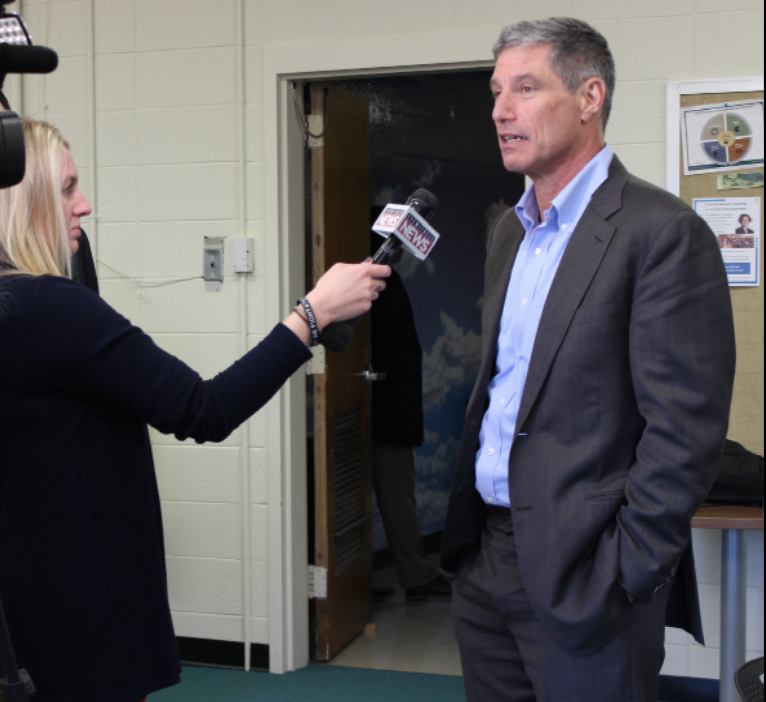
Nick Stein
Contributing Writer
Concerns have grown among administration, faculty, and students across Pennsylvania over the state’s dismal ranking in public higher education compared to the other forty-nine states.
Pennsylvania ranks near the lowest in every major category of public higher education. U.S. News and World Report rank Pennsylvania 32nd in the country in overall quality of education.
The state is ranked 49th of the 50 U.S. states in financial aid allocation to its institutions.
Student leaders, as well as faculty and administration on ESU’s campus, have voiced their frustration over this issue. One member of the Student Government who wanted to remain anonymous noted that the lack of funds being allocated for financial aid is a major factor in the issue of the low retention rate at the university.
The student also pointed out that lack of financial aid deters both current and prospective students from attending the university, let alone completing a degree.
Daniel Greenstein, the Chancellor of Pennsylvania State System of Higher Education or PASSHE, paid a visit to ESU on Monday.
In a meeting at the ESU Student Government Association, he discussed a variety of topics including the cost of books, post-graduation debt load, and retention.
When asked why the issue of financial aid allocation in Pennsylvania has risen to the magnitude that it has, Greenstein said, “Pennsylvania ranks poorly in all measures that I’m aware of. One of them is expenditure per student FTE, the other is student financial debt load and it’s not a good picture. These are policy choices at the end of the day.”
According to Greenstein, his job as chancellor is to help frame these choices so that people can understand their impacts and consequences.
“The consequences for the state of Pennsylvania of continuing to invest weakly in public higher education have long term implications for the health of the state’s economy; for the mobility, safety and security and pleasure of its people,” he said.
In regards to finding the solution to the problem, Greenstein said PASSHE is trying to reboot the relationship between the state system and the state government.
“One thing which is under-evaluated is how the general assembly I think wants a strong higher education system in this state. I think they’ve been disappointed over several years about the lack of transparency and responsiveness to legislative concern,” he said. “I think we’re turning that corner and being more responsive to the kinds of issues that they raise, and hopefully getting a good response from the assembly in return.”
Greenstein, who just last year became the 5th Chancellor of the Pennsylvania State System of Higher Education, has already begun meeting with both faculty and students on all fourteen campuses that make up PASSHE.
The issue of financial aid and how it impacts marketability and retention have come up frequently in the conversations. Student debt and deficiency of aid are frequently cited by PA public colleges and universities as the cause of low enrollment and retention rates.
Email Nick at:
Nstein3@live.esu.edu

